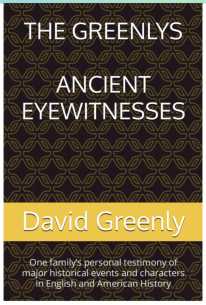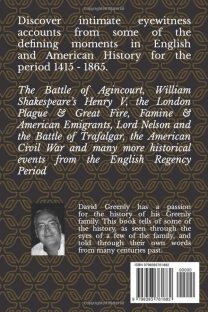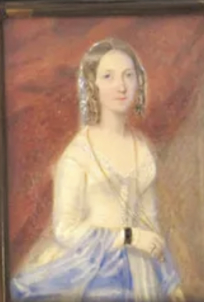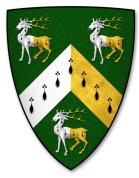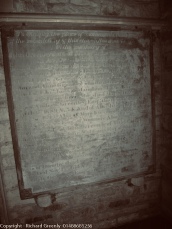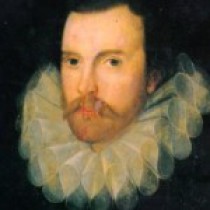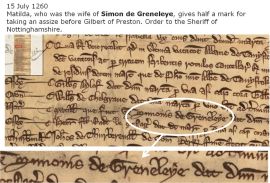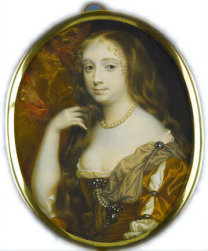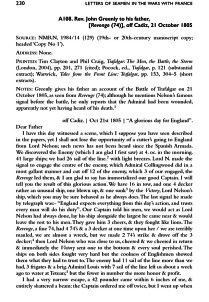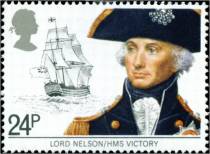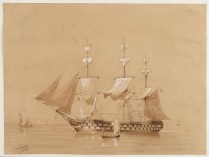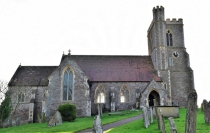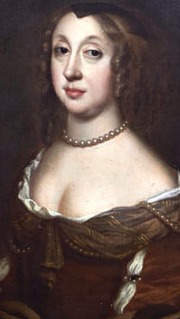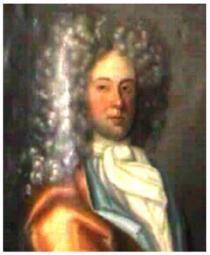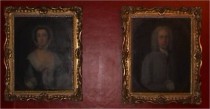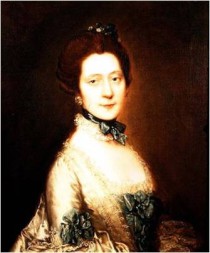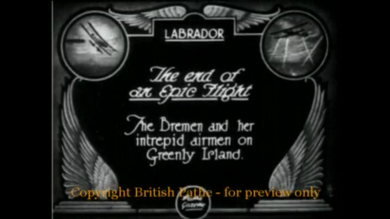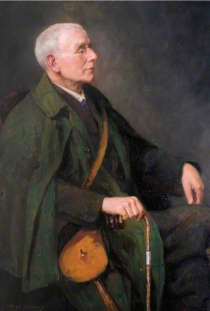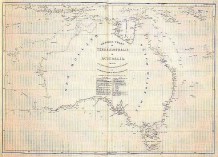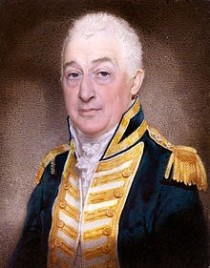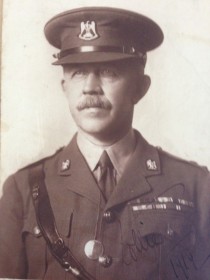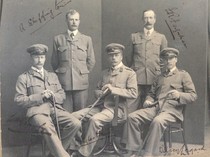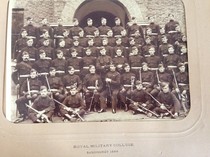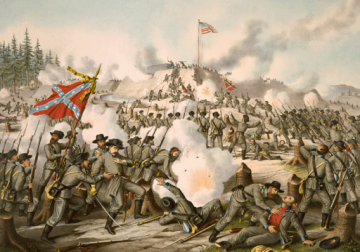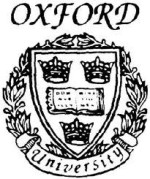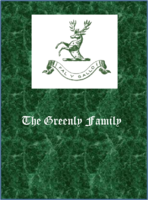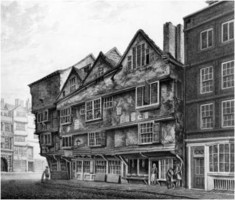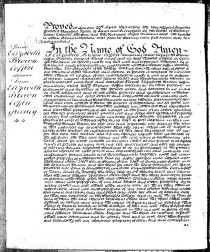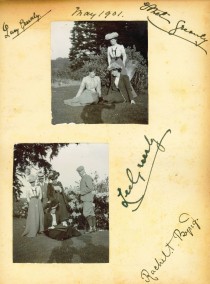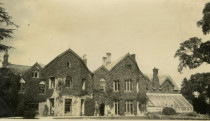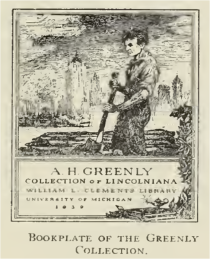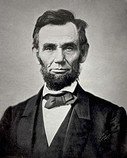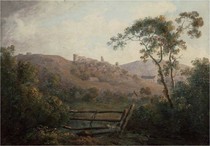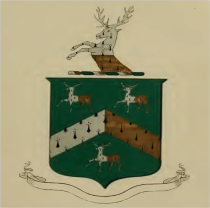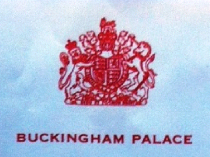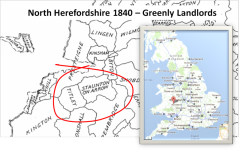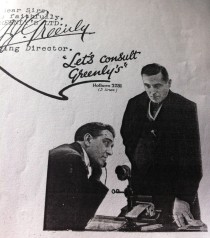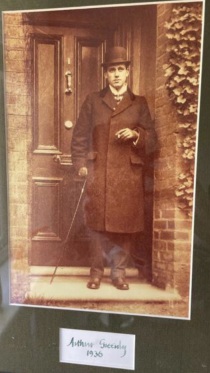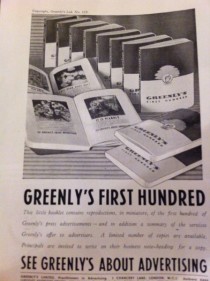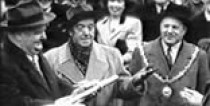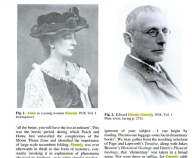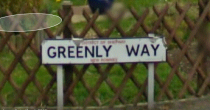Arthur John Greenly - Advertising Pioneer. Managing Director, Greenly's Ltd.
GREENLYS LTD. was founded in 1914 by Mr. Arthur John Greenly who is considered one of the pioneers of modern advertising in this country.
More to come ...
Henry Greenly - Railway Engineering Pinoeer. Miniature Railway innovator and inspiration.
More to come ...
In the early 1700’s these Greenly’s were living and working in Hereford.
CHAMBERLAIN, John. On 5 September 1743, John Chamberlain, son of Elizabeth Chamberlain of St Peter, widow, was bound apprentice to Edward Greenly of St John the Baptist, glover,
for 7 years, to learn his art, with £3 of Harper’s Charity Money: [Roll + Indenture, IR].
...three tenements situated in Blackmaston in the Liberty of the City of Hereford now in the possession of John Greenly & Richard Davies. (to his nieces Ann Rowley &
Margaret Rowley, daughters of the said William Rowley)
City of Hereford – Hearth Tax Return – Ladyday 1664 (25 April 1664)
Names listed in the Return
· Owen Greenly
Owen Greenly was mentioned in 'Greneleys Case' a land dispute heard and ruled over by Sir Edward Knight.
THe Hearth Tax - was an unpopular tax on the wealthy who were wealthy enough to have one or more chimneys in their home
or place of work.
The bill 'for laying an imposition upon chimney hearths' was passed in parliament and received royal assent on 19 May
1662. Although a tax referred to in the Domesday book as 'fumage' provided a pre-conquest precedent for the bill, it is to be doubted whether there was any awareness of such a precedent. The passage
of the act owed more to the current interest in consumption taxes, such as those on ale and beer, and a proposed salt duty, as well as the need to provide a regular source of income for the king.
The tax to be levied was a twice-yearly charge of 1s. for every fire, hearth and stove within each 'dwelling, or other
house or edifice', in England and Wales, including lodgings and chambers in the inns of court and chancery, and colleges and other societies. Houses worth less than 20s. in annual rent, or containing
no more than £10 worth of moveable goods, were exempt, as were blowing houses, stamp-furnaces and kilns, and hearths and stoves on the sites of hospitals or almshouses. The poorest inhabitants of the
parish, those exempt from contributing towards poor relief, were also excused from payment. Anyone claiming exemption by reason of poverty had to procure a certificate attesting to his/her
impoverishment, signed by the minister and a churchwarden of their parish, as well as two justices of the peace. Payment was to be made twice annually - at Michaelmas (29 September) and on Lady Day
(25 March) - and the tax was to be collected indefinitely. Prosecution of arrears, however, was limited to two years.
James Munsey m. Catherine Greenly at St John the Baptist on 2 December 1779, by deanery licence. At least 2 children were born to this couple: John (baptised January 1781) &
William (29 November 1782): [All Saints]; however, son John must have died in his youth as son William, clerk, was admitted & sworn a Freeman in 1818 as the only son of James Munsey, innholder.
James Munsey of Portfield#, aged 79 years, was buried on # July 1827: [All Saints]. Deanery Probate – 22 November 1827 – Will of James Munsey of All Saints. Catharine Munsey of Broad Street, aged 73
years, was buried on 1 May 1832: [All Saints].
William GREENLY, (F.), victualler.
•In the mayoral year of 1777-8 (Thomas Gomond being the mayor), William Greenly was admitted & sworn a Freeman – for 20s – late apprentice to his father John Greenly of St Peter,
glover. WILLIAM GREENLY was probably closely related to EDWARD GREENLY (described as eldest son of John Greenly, glover, deceased) – who was a writer & in 1790
advertised his evening school for the summer season: [HJ, 21 April 1790].
•On 2 November 1790, William Greenly of St Martin, victualler, entered into a recognizance to appear at the next Quarter Sessions to prefer a bill of indictment against JOHN TREHEARNE late of St
Peter, labourer, for an assault & battery by Trehearne not the said William Greenly. [BG 11/5/76]
•William Greenly was, for some time, the victualler of the Saracen’s Head; however, I have yet to sort out the situation with his lease. A lease was granted by the corporation of the City of
Hereford to him in 1784. In 1795, William Greenly was granted a licence to assign his lease of the Saracen’s Head to William Davies. In 1796, the Common Council ordered a committee of the Mayor, Mr
Skynner, Mr Palmer & Dr Symonds to examine the complaints made against Mr Greenly, the occupier of the Saracen’s Head, by several barge masters – they saying that they had been obstructed by Mr
Greenly in passing their lines as usual on the premises for navigating on the River Wye. In 1799, the Saracen’s Head was advertised To Be Let – the proprietor, Mr William Greenly, was going into
another trade: [HJ, 27 February 1799].
